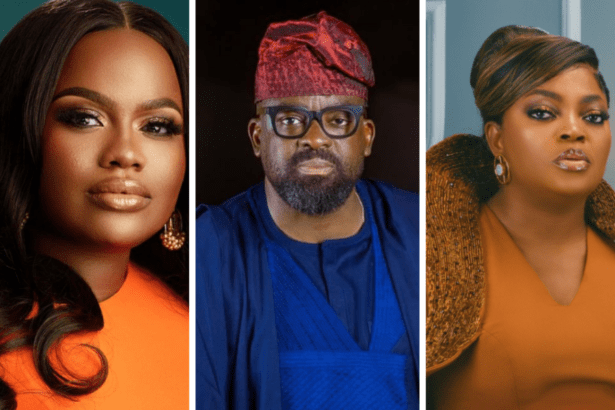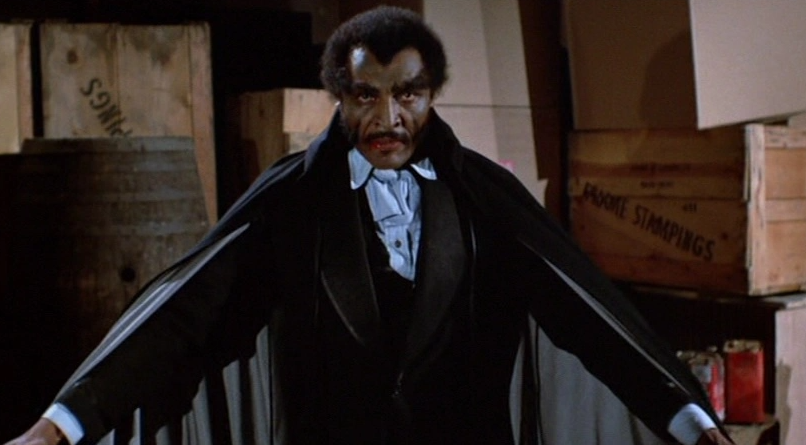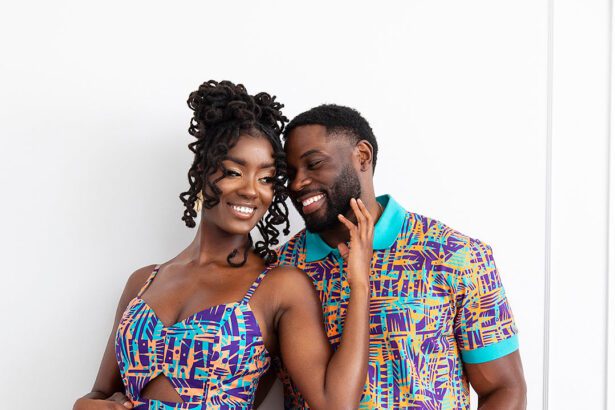Vampires have been a huge part of horror and fantasy genres for ages, but for the longest time, most of the well-known ones looked pretty much the same: not like us. However, there are a few Black vampires who have stepped into the spotlight and completely changed the archetype. From Blacula, the original, to Blade, the half-vampire, vampire slayer, and even the fresh take on Interview with the Vampire‘s Louis, each of these characters brought something new to the genre.
But these vampires have done more than just drink blood. They have redefined what it means to be a vampire and given us stories that resonate with strength, identity, and change. As we gear up for Halloween, here’s a look at the top five Black vampires who left their mark and showed us just how rich and diverse the vampire world can be.
5. Blacula/Prince Mamuwalde, Blacula (1972)
Coming in at number five is Blacula. As the first Black vampire in film and television, he deserves to kick off this list. This 1972 film gave audiences the chance to see a vampire story from a new perspective, opening the door for Black actors in the genre. Mamuwalde, portrayed by William Marshall, was an African prince cursed by Dracula. He awakens centuries after being cursed in 1970s Los Angeles. He wreaks havoc while searching for his lost love. Marshall’s portrayal brought depth, turning what could have easily been a campy Blaxploitation film into something more, making Blacula a trailblazer for future Black vampires.
4. Marcel Gerard, The Originals (2013–2018)
Marcel Gerard is a powerful vampire who commands New Orleans in The Originals. Born a slave, he’s turned by Klaus Mikaelson and eventually becomes the self-proclaimed king of the city’s supernatural community. Marcel, portrayed by Charles Michael Davis, is very handsome and charming, but he’s also ruthless. He balances respect for his people with making the tough decisions required to maintain order, and he does it well. His complicated relationship with Klaus, his sire and father figure, adds depth to his character as they vacillate between loyalty and rivalry. Marcel’s rise from enslavement to ruling New Orleans makes him one of the genre’s most complex Black vampires.
3. Tara Thornton, True Blood (2008–2014)
Rutina Wesley introduced the world to Tara Thornton in True Blood. Tara is a young woman who’s been hardened by a rough upbringing marked by abuse, poverty, and strained relationships. She’s tough and outspoken, but her life changes drastically when she’s bitten by a vampire named Pam. After her transformation, she struggles with her new identity and she’s resentful for being forced into a life she never asked for. However, with a newfound power she’s never experienced before, she leans into being a victor instead of victim. The series allows us to watch this complex character find a new path through her relationship with Pam and her best friend Sookie as she fights to balance loyalty, anger, and survival with this new version of herself.
2. Blade, Blade Trilogy (1998, 2002, 2004)
Blade is the ultimate vampire-human hybrid. He’s got their strength, speed, and healing, but he can still walk in daylight without spontaneously bursting into flame. Known as the Daywalker, Blade holds a grudge against vampires as his mother was bitten while she was pregnant with him. She dies in childbirth, so he dedicates his life to protecting humans and hunting down his own kind.
Wesley Snipes brought swagger and intensity to the role, making Blade an iconic, leather-clad vampire hunter who takes out vampire vermin with martial arts and a sword. Snipes’ portrayal didn’t just define the character, it helped pave the way for the resurgence of Marvel. Without Blade, we might not have the MCU we know today. In fact, he played the role so well, rebooting the film franchise has been a challenge. However, with Mahershala Ali poised to take on the character, fans are eager to see what he’ll bring to the role.
1. Louis de Pointe du Lac, Interview with the Vampire (2022–Present)
Sitting in the number one spot is Louis du Pointe du Lac from the newest iteration of Interview with the Vampire. Louis is weighed down by systemic racism in early 20th century New Orleans. As a human, he struggles as a business owner trying to balance taking care of his family and saving the drowning business his father left in shambles. He’s fighting to be successful in a time and place where a Black man’s success is dangerous. Lestat’s romantic offer of immortality seems beautiful; however, once he’s changed a new struggle emerges. The life of a vampire, with all of its perks, is difficult for Louis. He doesn’t agree with feeding on humans, which creates a rift between him, his demanding lover, and an out-of-control daughter that he created.
Best known for his role as Grey Worm on Game of Thrones, Jacob Anderson has taken the character in a new and exciting direction. His portrayal has been the most multi-dimensional and layered vampire character thus far, which is why he holds the first spot.
The inclusion of Black vampires has proven that our stories are just as rich, complex, and powerful as any others. From Blacula kicking off the movement to Louis de Pointe du Lac bringing a new layer of depth, these characters have shown us that vampires can be more than just the top of the undead food chain. Threads of resilience, identity, and survival are important in their stories too. And let’s not forget the comical takes on vampire life, like Vampire in Brooklyn and Day Shift, which gave us some laughs while keeping the genre fresh. As we look ahead, it’s clear Black vampires aren’t done leaving their mark on the genre. Here’s to hoping the character expansion that the vampire genre is experiencing will rub off on other genres as well.





